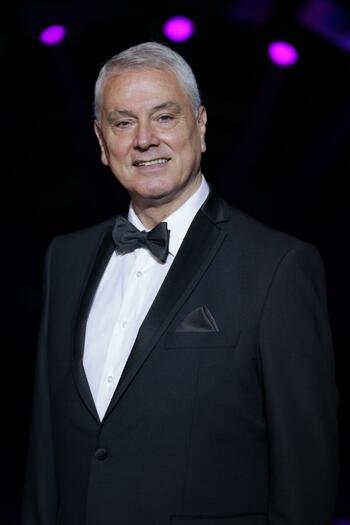The video recording of this event can be watched on YouTube: https://www.youtube.com/watch?v=j57OuqbtD9Q&feature=youtu.be
In an age of terrorism, where should a democratic society draw the line on government surveillance? Edward Snowden’s explosive disclosures about the National Security Agency’s intelligence-collection operations have ignited an intense debate about the appropriate balance between security and liberty in America. In a special series this year, nationally prominent experts will explore the critical issues raised by the NSA’s activities, including their impact on our security, privacy, and civil liberties. This timely series will address one of the most challenging questions the nation faces today as it tries to strike the right balance between safety and liberty. The Security Conundrum will look behind and beyond the headlines, examining the history and implementation of the NSA operations, the legal questions generated by them, the media’s role in revealing them, and the responsibility of Congress to oversee them. It will also address the NSA’s uneasy and evolving relationship with Silicon Valley. Each session in the series is designed to explore these issues from a different vantage point. The guest speakers, in conversation with Stanford scholars, will probe the problems, explain the political, legal, and technological contours of the NSA actions, and outline ways to preserve the nation’s security without sacrificing our freedoms.
An Evening with U.S. Senator Dianne Feinstein
Senator Dianne Feinstein has been at the vortex of the debate about Edward Snowden’s disclosures since he exposed an array of National Security Agency surveillance programs in 2013. As chair of the Senate Select Committee on Intelligence from 2009-2014, and now the ranking minority member, Senator Feinstein has tried to help the nation strike the appropriate balance between security and liberty as she and her Senate colleagues examined NSA practices in light of the Snowden materials. She also played a leading role in the Senate investigation of the Central Intelligence Agency detention and interrogation program following the terrorist attacks of Sept. 11, 2001. Senator Feinstein pressed to make the Senate report public. Some parts of the study were released in December 2014. A California Democrat and Stanford graduate, she has served in the Senate since 1993.
In her May 28 appearance at Stanford, Senator Feinstein will discuss the Congressional role in overseeing America’s intelligence agencies, including the NSA and CIA, and establishing the laws that govern their operations. The format for her appearance will be a colloquy with Philip Taubman, a consulting professor at Stanford’s Center for International Security and Cooperation and former Washington bureau chief of The New York Times.
To register for a free ticket, please follow this link.
The Security Conundrum is co-sponsored by Stanford’s Freeman Spogli Institute for International Studies, the Center for International Security and Cooperation,the Hoover Institution, Stanford Continuing Studies, Stanford in Government, and the Stanford Law School.


 Professor Jaeho Yeom, president of the elite Korea University in Seoul and a Stanford Political Science PhD will examine the historical development, current changes, and future course of East Asian universities. Drawing on his own experience at Korea University, where his initiatives include the "pioneering intellectuals" program to encourage and support student creativity, President Yeom will examine many aspects of higher education, including shifts in educational methodologies, demographics, the pressures of globalization, and changes in government and private funding.
Professor Jaeho Yeom, president of the elite Korea University in Seoul and a Stanford Political Science PhD will examine the historical development, current changes, and future course of East Asian universities. Drawing on his own experience at Korea University, where his initiatives include the "pioneering intellectuals" program to encourage and support student creativity, President Yeom will examine many aspects of higher education, including shifts in educational methodologies, demographics, the pressures of globalization, and changes in government and private funding. 

